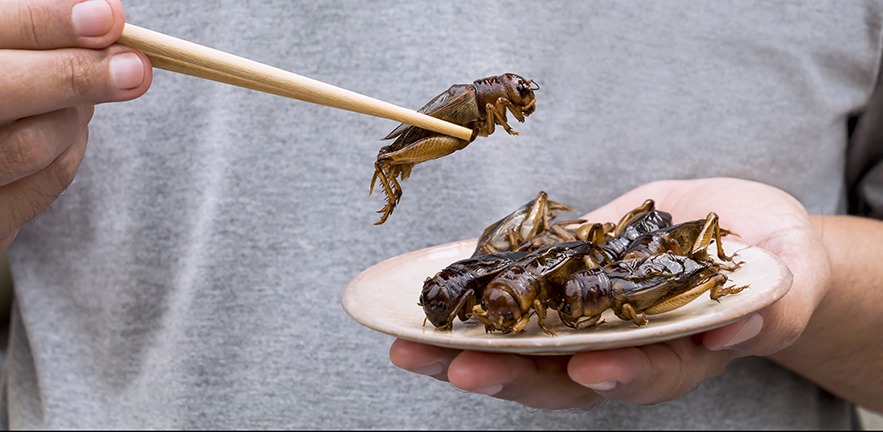
Programme
Accelerate Alumni (Cohort 8)
Founded in
2015
Total funds raised
£19.2 million
Employees
11-50
Industry
ESG, climate action
Inspired by nature and driven by technology, Better Origin sets out to transform food waste into sustainable products with the help of insects. Their systems, powered by AI, help food companies launch low-carbon alternatives of their existing products as well as create new innovative lines. All Better Origin’s technology is designed in a localised manner, minimising transport and supporting the local food chain.
After a successful launch of carbon neutral eggs with Morrisons, Better Origin’s goal is to produce more sustainable and nutritionally complete pet food products. They have created the Origin X-Series, a factory unit featuring the world’s only processing line designed with insects in mind. This means better, more sustainable and healthy ingredients for cats, dogs, wild birds and small pets across the UK and Europe.
Better Origin has created over 60 jobs, of which 30 are currently employed by the company directly, ranging from highly specialised to unskilled positions.
In 2020, Better Origin launched their X1 modular insect farm housed in shipping containers with the upgraded X2 device launched in 2022.
Get in touch
The Accelerate programme was foundational to our journey as entrepreneurs – we joined it ranks as fresh graduates with little know-how of business lingo, and by the time we graduated from the programmes over the years developed into confident and resourceful young entrepreneurs. I couldn’t recommend it highly enough to those with the appetite and ideas for entrepreneurship, but lacking business understanding or where to get started.
News about Better Origin
Entrepreneurship and innovation
The future of farming: from eating insects to urban agriculture
In this special Insight article, we look at how the Entrepreneurship Centre and Cambridge Centre for Social Innovation at Cambridge Judge Business School are supporting new ventures to improve sustainability in agriculture to meet the demands of a growing global population.


